Is Facebook Marketplace Safe to Use in 2026? Tips and Tricks
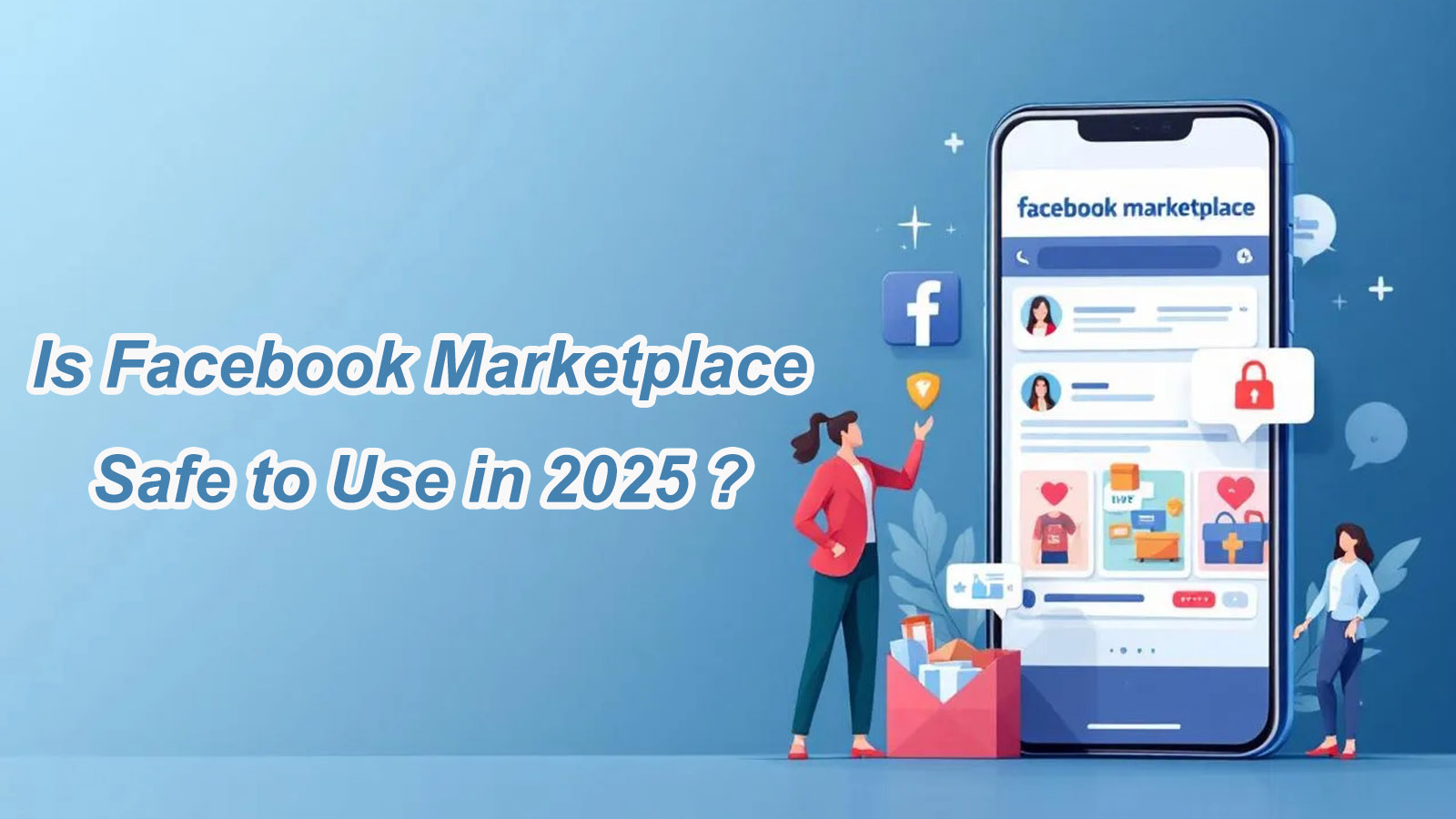
Facebook is the leader in mídia social, and almost everyone uses it these days. In 2025, about 2.8 billion people around the world are using it, and by 2029, that number could reach nearly 3.5 billion. In 2016, Facebook launched Marketplace, letting people buy and sell items directly on the platform. With so many users and so many transactions happening every day, you might be wondering, “Is Facebook Marketplace safe?” and whether scams are something you need to worry about.
In this article, we will show you what Facebook Marketplace is, explain how it works, explore its safety, reveal the most common scams, and give practical tips to help you avoid getting tricked.
What is Facebook Marketplace and How Does It Work
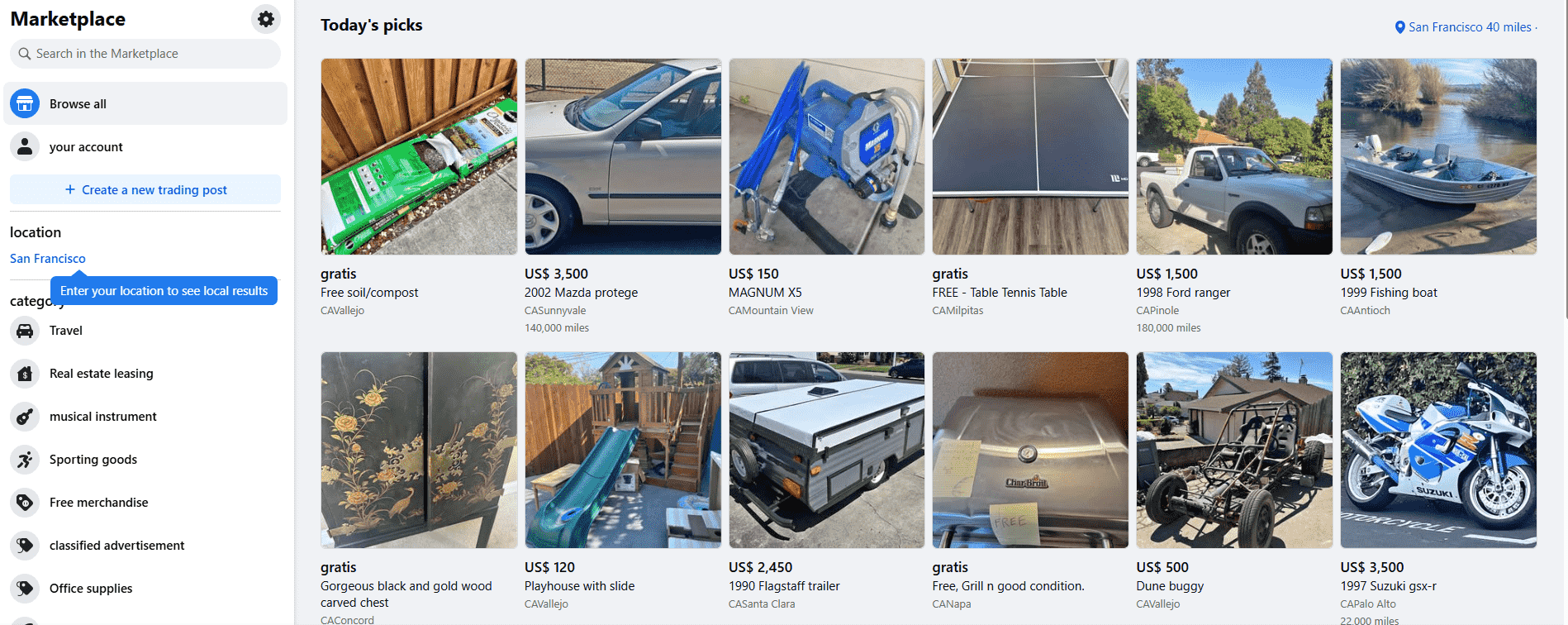
Facebook Marketplace is a built-in feature of Facebook where people can buy or sell items locally or across certain regions. It is available to users over 18 in countries like the United States, the United Kingdom, New Zealand, and Australia.
You can search for products you want to buy or list your own items for sale. Sellers can add photos, descriptions, and prices, while buyers can browse categories, filter by location or price, and make offers.
Once a buyer is interested, they can message the seller through Facebook Messenger to ask questions, negotiate, and arrange payment or delivery.
In addition to Marketplace itself, any Facebook group can enable buying and selling features. This allows group members to list products for sale within the community.
Is Facebook Marketplace safe?

Is Facebook Marketplace safe? The best way to answer that is by looking at three key areas: seller and buyer verification, purchase protection, and payment security.
Seller and buyer verification
Everyone needs a Facebook account to use Marketplace. It is made for everyday users, not just big businesses, so joining is quick. The flip side is that Facebook does not check everyone’s ID or business license before they start selling.
Once you log in, you can browse listings, post your own items, or message sellers right away. This makes it easy to use, but it also means you have to judge for yourself who to trust.
Facebook gives you some clues:
- Profile details such as name, photo, and sometimes mutual friends
- Account history showing when the account was created and what it has done
- Localização based on where the seller is posting from
- Ratings and reviews from past buyers or sellers
These tools help, but they are not perfect. A fake profile can still look real. That is why it is smart to check the account’s history and compare details before making a deal.
Proteção de compra
Facebook offers Purchase Protection for certain transactions, but it only works if you follow their rules.
Para compradores
Protection applies only if you pay through Facebook’s checkout system. Look for the small shield icon on the listing. This coverage helps if your item never arrives, shows up damaged, or is very different from the description. Local pick-ups, some categories like vehicles, and payments made outside Facebook’s system are not covered. Usually, you have 45 days to report a entrega problem and 60 days for an unauthorized charge.
Para vendedores
You are covered if you use the onsite checkout system and follow Facebook’s shipping instructions. If a buyer opens a refund claim, you have 10 days to show proof, such as delivery tracking or screenshots of your conversation. Some categories are not included in protection. Sellers with a good history of positive reviews are more likely to win disputes.
Payment method and security on the Marketplace

Not all payments on Marketplace go through Facebook. For local deals, cash is often the safest option. Meeting in person and paying in cash lets you check the item before handing over the money, which reduces the chance of getting something different from what you expected.
For items that need to be shipped, sellers sometimes accept PayPal, Venmo, or Zelle. These are quick, but the level of protection is not the same. PayPal allows you to open disputes if there is a problem, while Zelle and Venmo usually do not have strong buyer protection.
So, is Facebook Marketplace safe?
For most people, yes. If buyers and sellers stay alert and follow basic safety rules, Facebook Marketplace is safe enough for everyday transactions. It is unrealistic to expect any online marketplace with millions of users to be completely free from scams. Facebook does have systems for purchase protection and payment security, but no platform can promise total safety.
Common Facebook Marketplace Scams

If you are still asking yourself, “Is Facebook Marketplace safe?” remember that the answer depends on how you handle potential risks. The platform works well for most people, but there are scams that you need to watch out for. Here are four of the most common ones.
Fake product scams
In fake product scams, the seller lists something that is fake, stolen, or doesn’t exist at all. They might use real photos they found online to make it look legit. When you get the item, it could be completely different from the description, or it might never arrive.
If the product is stolen, the seller may be rushing to sell it quickly. Buying stolen goods can lead to losing your money and even legal trouble, especially with electronics like phones.
A common red flag is a price that seems way too low compared to the mercado value.
Phishing and verification code scams
Scammers sometimes pretend to be from well-known companies or even Facebook itself. They send messages to “verify your account” or “confirm your identity” and ask you to share a code sent to your phone or email.
Once you give them this code, they can log into your Facebook account, change your password, and lock you out. From there, they might message your friends to trick them into sending money, or use your account to run more scams.
Shipping scams
Shipping scams usually happen in two ways.
First, a fake seller charges you for shipping on top of the purchase price, but the item never gets sent. They might even provide a fake tracking number that shows “in transit” for weeks.
Second, a scammer might act as a buyer and tell you to use a specific shipping company they recommend. This “company” is fake and controlled by them. Once you pay for shipping, they vanish, and you never hear from them again.
Payment scams
Payment scams are very common. Many involve outside payment apps such as Venmo, Zelle, or PayPal. Since these apps process money instantly, once you send it, it is almost impossible to get it back.
One example is when a scammer uses a stolen credit card or a hacked account to pay you. Once you ship the product, the payment is reversed, and you end up with no money and no item.
Another trick is sending a fake screenshot that shows the payment has been made. The scammer pressures the seller to hand over the item quickly. If the seller does not check their account balance first, they could lose everything.
How to Avoid Facebook Marketplace Scams
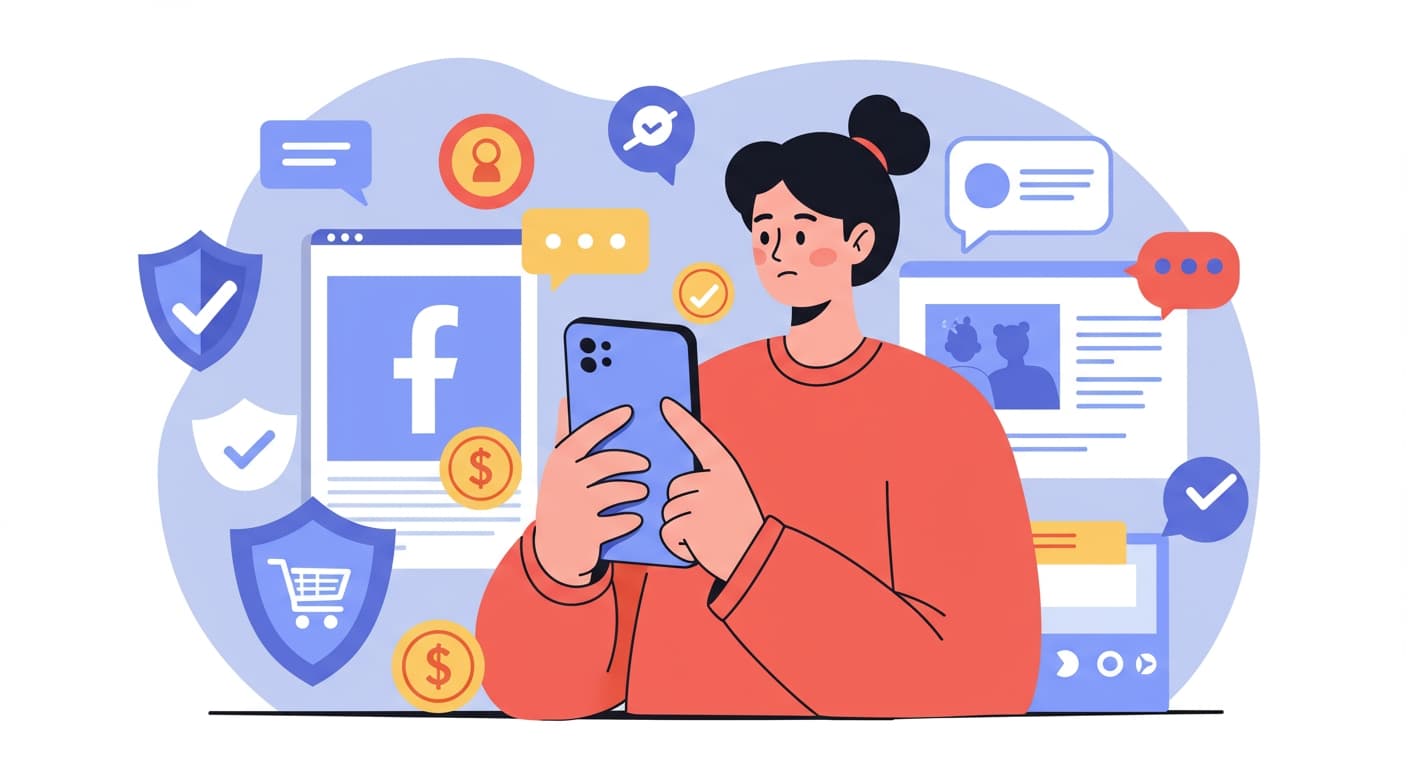
There are plenty of scams on Facebook Marketplace, but avoiding them is possible if you stay alert. Here are five tips to keep in mind whenever you buy or sell.
Check the profile
Before making a deal, take a good look at the buyer or seller’s profile. Watch out for brand-new accounts with little or no activity. A real Facebook profile usually has friends, photos, posts, and some personal details.
When you’re on their Marketplace page, read their ratings and reviews. High scores and positive comments from other users show they’ve completed deals successfully. Multiple bad reviews are a red flag. You’d better skip the deal than take the risk.
Confirm the pricing
If the preço looks too good to be true, it probably is. Compare listings for the same item before you decide.
For example, if a brand-new smartwatch usually costs $200 but someone is offering it for $30 with no defects, that’s suspicious. Scammers use unbelievably low prices to grab your attention and push you into making quick decisions.
Buyers should also reject requests for extra payments like “special shipping fees” or charges not listed in the ad. Sellers should refuse overpayments because that’s a classic scam tactic. This often involves fake checks or stolen Métodos de Pagamento that get reversed later.
Verify the item before paying
When buying something that will be shipped, ask for multiple detailed photos from different angles. If it’s a high-value item like smartphones or luxury bags, request proof of purchase or an authenticity certificate.
Always pay through secure and trusted platforms. Go directly to PayPal, Venmo, or your bank’s site. Never use random links sent in a message.
If meeting in person, inspect the item before paying. Turn it on, test it, or check for damage. If the seller refuses, that is a red flag.
Communicate through Facebook Messenger
Keep all conversations inside Facebook Messenger. If you switch to text messages or other apps, Facebook will not be able to help you if the deal goes bad.
Avoid sharing sensitive information such as your phone number, email, credit card details, or verification codes. Scammers can use these to steal your identity or break into your accounts.
Meet in a safe place
For local deals, pick a public and well lit meeting spot. Busy coffee shops, shopping centers, or police station parking lots are all good choices.
Bring a friend if possible, or at least let someone know where you are going, who you are meeting, and what time you expect to be back.
Is Facebook Marketplace Safe FAQs
1. Is Facebook Pay safe?
Meta Pay, formerly Facebook Pay, is generally safe for transactions on Facebook Marketplace. It encrypts your payment information and keeps it secure, just like other online payment services. Using Meta Pay also lets you track your purchases and sometimes open disputes if something goes wrong. Even so, always double-check the seller and the listing before paying to avoid scams.
2. Does Facebook Marketplace charge fees?
Facebook Marketplace itself does not charge fees for listing or browsing items. Sellers only pay fees if they use Facebook’s shipping service or checkout system for shipped orders. Buyers usually do not pay extra fees unless the seller adds shipping. It is important to read the listing carefully and confirm all costs before making a purchase.
3. Are you protected if you buy through Facebook Marketplace?
You are protected only if you pay through Facebook’s onsite checkout and the listing is eligible for Purchase Protection. This usually covers items that do not arrive, arrive damaged, or are significantly different from the description. Local pickups and certain categories like vehicles or perishable goods are not covered, so you still need to stay alert.
4. Is it safe to give vin number on Facebook Marketplace
Sharing your vehicle’s VIN can be risky if you are not careful. Scammers might use it to create fake documents or steal your identity. Only give your VIN to serious buyers you can verify, and avoid sending it through public messages. Meeting in person or using secure payment and communication methods is much safer.
Final Thoughts about Facebook Marketplace
Is Facebook Marketplace safe? It depends on how careful you are. Following some basic tips can help, like checking the seller’s profile, confirming pricing, verifying the item before paying, and meeting in safe locations.
For those interested in e-commerce beyond just buying and selling locally, Sup Dropshipping offers a safe and reliable way to source products and run your own online store. They handle inventory, packaging, and shipping so you can focus on growing your business without worrying about scams or risky transactions.
If you want to learn more or get started, Contate-Nos today and see how Sup Dropshipping can help you build a safer and more efficient online business.
Sobre o autor

Poderia
May é blogueira da Sup Dropshipping com mais de 5 anos de experiência em comércio eletrônico. A paixão de May pelo comércio eletrônico a leva a se manter atualizada sobre as últimas tendências e a compartilhar sua experiência com você por meio de seu blog. Nas horas vagas, gosta de ler um romance ou conversar com amigos.
Uma resposta para “Is Facebook Marketplace Safe to Use in 2026? Tips and Tricks”
-
Nice

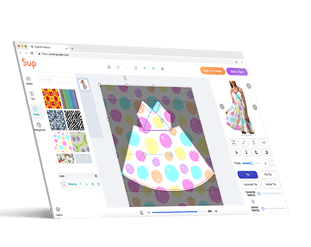
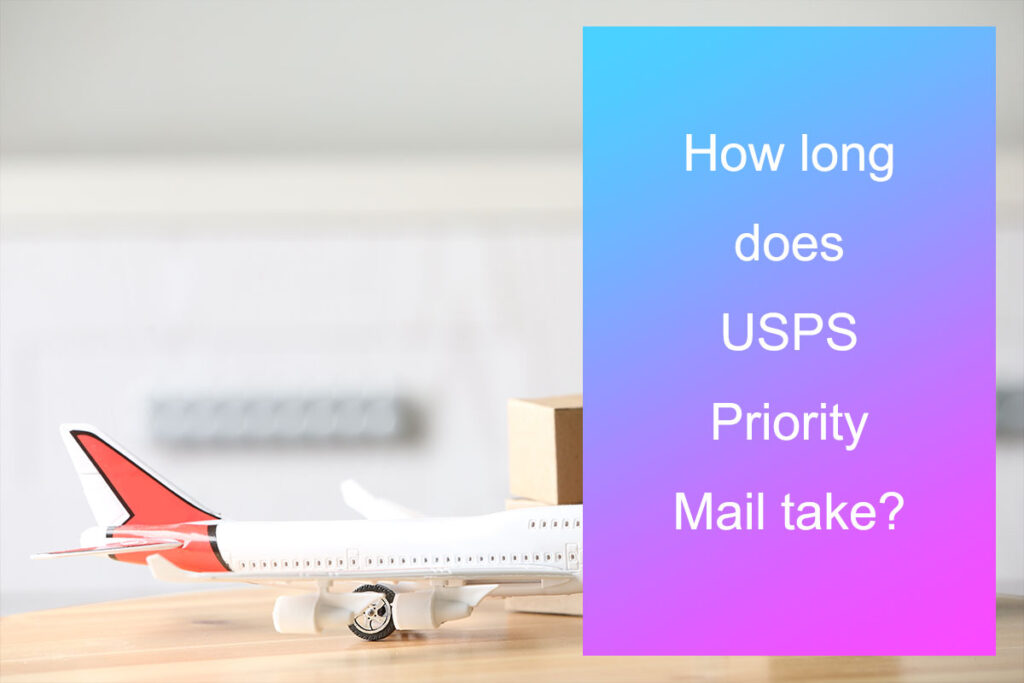
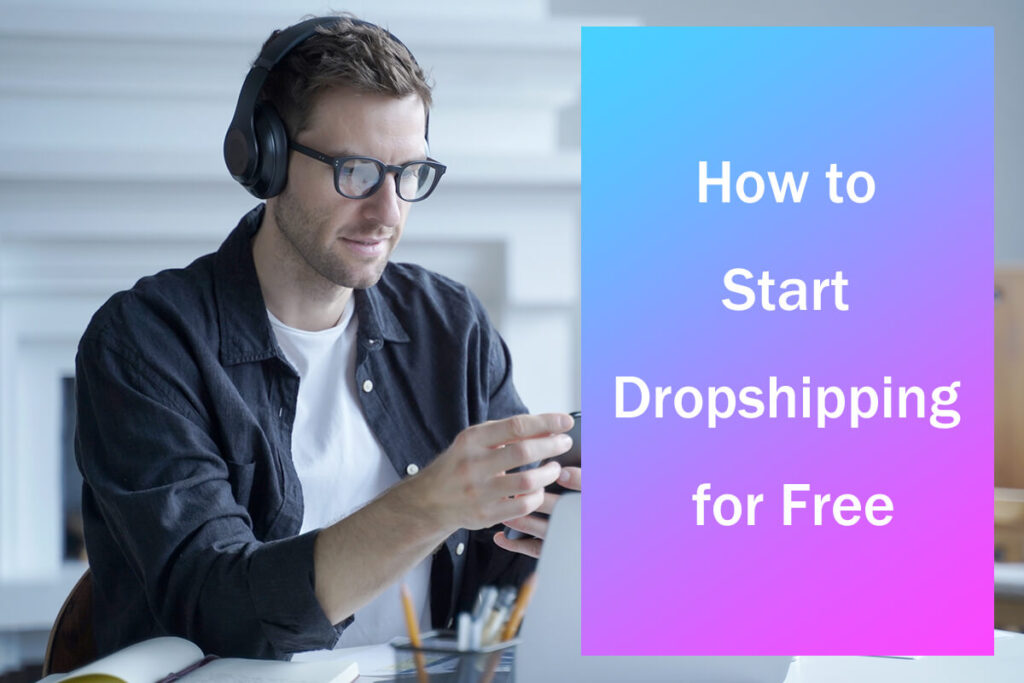
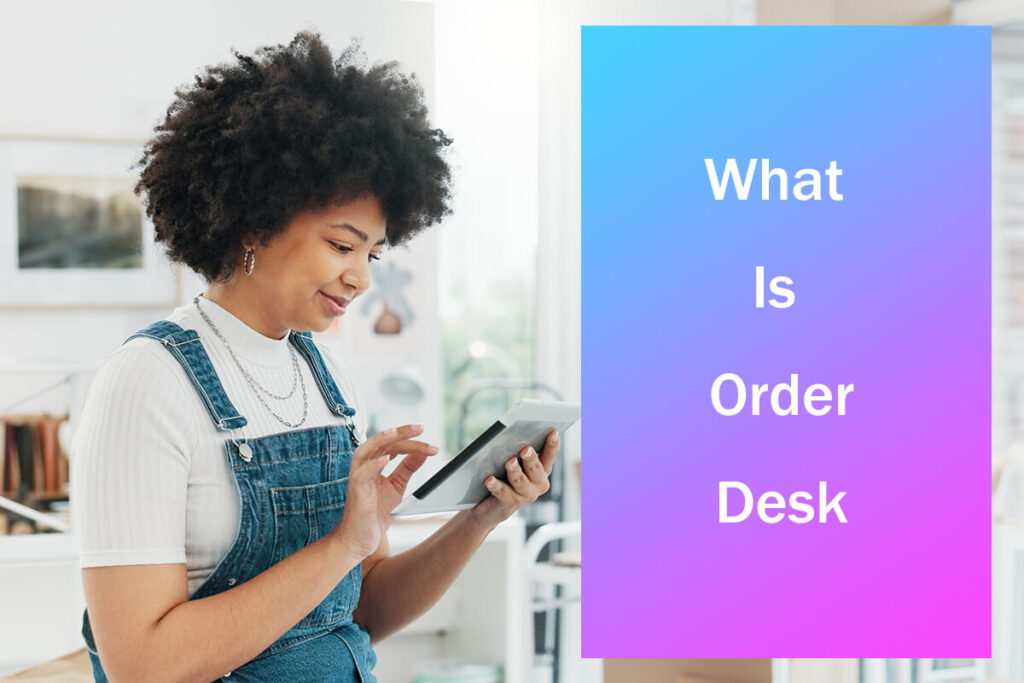
Deixe uma resposta